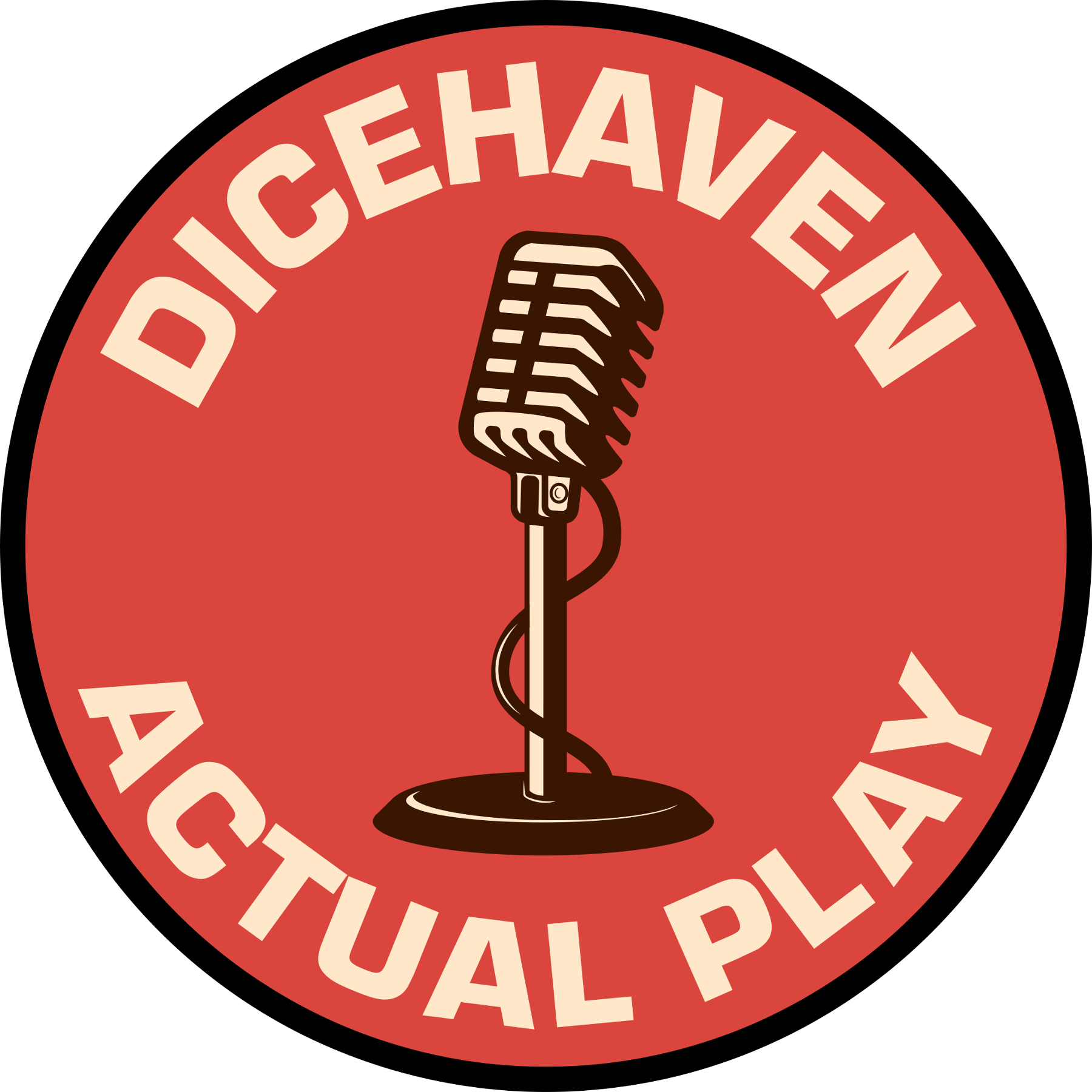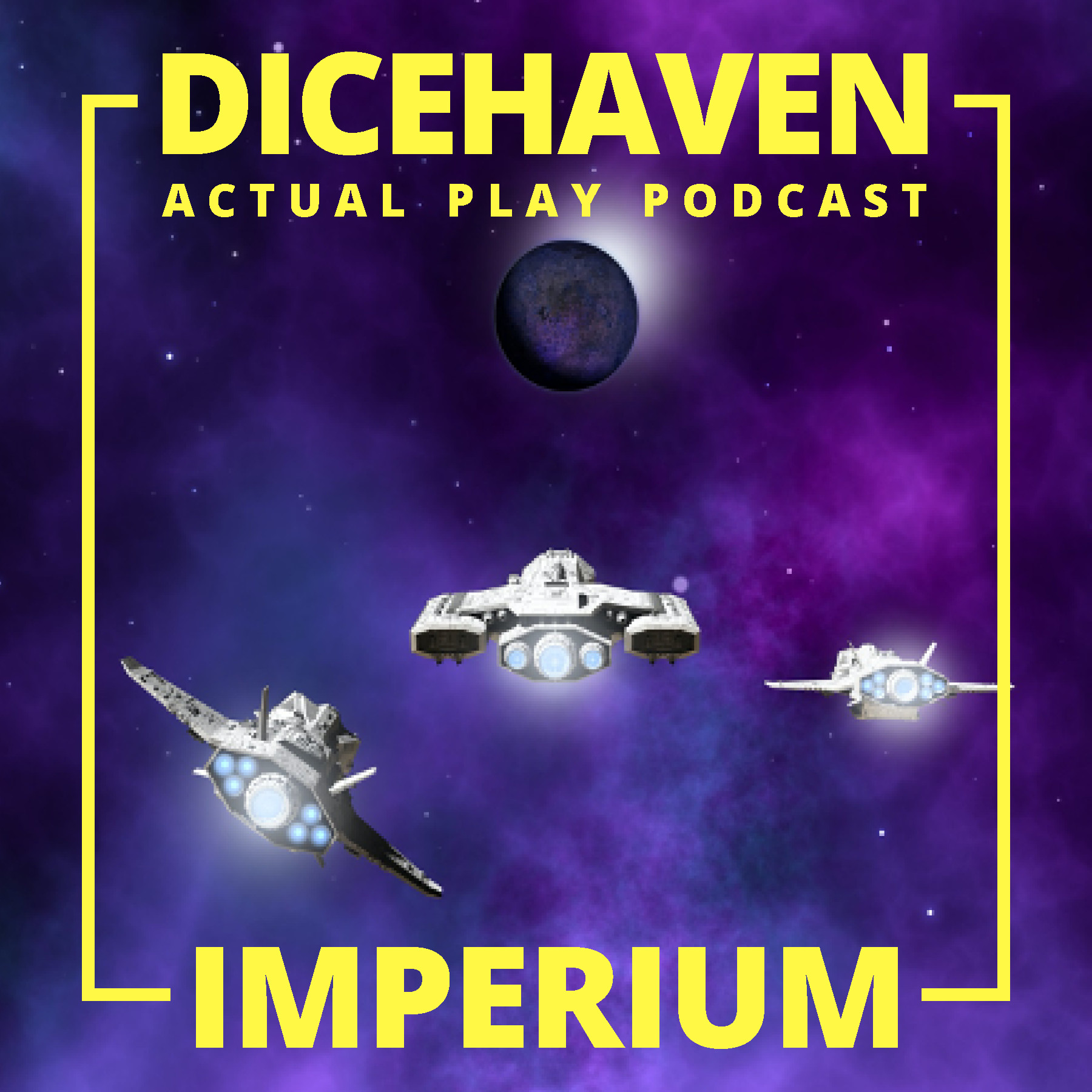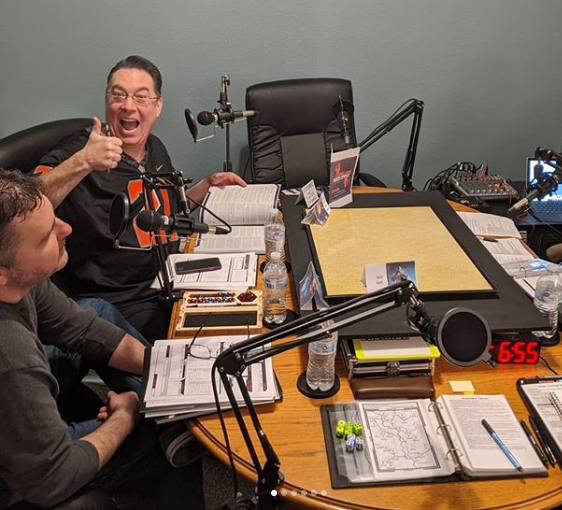Over the past few months I’ve taken notes in several games I’ve run or played using different systems: D&D 5e, Classic Traveller, Savage Worlds, Call of Cthulhu, and Stormbringer RPG. I’ve also consulted notes I have from play in systems like Pathfinder. I’ve noticed that combat can take significantly longer depending on your rule system.
There are a variety of ways you can speed up combat that essentially makes the players efficient or makes them hurry up:
- Have the players not talk amongst themselves to strategize
- Have the players hold (or skip) their turn if they are not ready
- Have a timer or countdown to force the players to act quickly
- Have the players have a buddy to help them with math or rules questions
- etc.
But just looking at normal games like most GMs run them, allowing players to take turns and actions as they normally do, it seems to me the far bigger factor in having fast (or slow) combat is one thing—
—The Rules
The last time I played in a Savage Worlds game, we had 9 players with 0 XP. We had around 45 total combatants. The combat took two hours (with two sixty minute rounds!!!) and we still only defeated half the enemy (the rest ran away since we ran out of time). And this is the game that is ‘Fast, Furious, and Fun’.
By contrast, a D&D 5e game I ran with 6 players at 3rd level had 31 total combatants took 50 minutes (with five ten minute rounds) with the PCs completely killing all enemy combatants.
To put it another way, Savage Worlds had 50% more player and combatants, but combat rounds took 600% longer while killing about the same number of enemies.
Regardless of how long the total combat runs, one big factor of enjoyment is ‘how long till I get to do something?’
10 minutes is about right. 30-45 minutes between actions is just way too long for my tastes.
Can you speed up a slower game? Sure. But the number one thing (I think) to speed up the game is choose a system that plays fast. Second best thing to speed up combat is to add some speed house rules on top of an otherwise slower game.
Which Rules Speed (or Slow) Combat?
Here’s my thoughts (based on qualitative analysis) on what makes the difference between slow combat or fast combats in RPG games.
Rules that Speed Combat
The fastest games had these two rules:
Fixed Initiative
There were many ways these games did fixed initiative that still resulted in fast combat rounds:
- Stan’s D&D 5e house rule (character with highest Dex roll goes first, then Round Robin thereafter).
- BRP — Character go in order of highest to lowest Dex score (no roll needed).
- Classic Traveller — Traditional rule — characters have group turn order and essentially play in round-robin order.
- Classic Traveller — Stan’s house rule — Characters go in order of Marching order based on minis (first mini in line goes first, etc.).
The key to speed is to not spend time recording everyone’s roll from scratch each combat, and to not change the combat order each round.
Non-Inflated Hit Points
All the fastest games used hit points. Almost all roleplayers have used hit points before; tracking is fast and intuitive. There is a logistics advantage in large set-piece combats to using a Savage Worlds style wound system, but this comes at the expense of speed.
The other element of hit points making for fast combat is that in the fastest games they weren’t inflated. Most characters and opponents had 10-20 hit points. D&D 4e, Pathfinder, and other games where you inflate hit points to 100 HP or more generally run much slower. This being said, D&D 5e got away from hit point inflation by what they call ‘bounded accuracy’ — basically making sure the HP progression is very slow, and increasing your damage output a bit so that orcs are still a threat at higher levels and you don’t have excessive HP grinds in battle at upper levels.
Its worth noting that BRP and Classic Traveller for the most part don’t every increase your hit points. Your skills improve, but not your HP.
Rules that Slow Combat
Here are rules which I see slowing down the flow of the game.
Variable Initiative
Having players recalculate initiative each round slows things down. For example, in Savage Worlds you deal and collect cards each round which taking time at the beginning and end of each round. Moreover, I’ve notice a few seconds lost here and there as the GM or players look around trying to see whose turn it is.
Soaking Damage / Unshaking
Savage Worlds has a cool mechanic that makes tracking wounds very simple — you use miniatures and have Extras be up/down/off-the-table. Wild Cards (boss creatures) have a soak and wound tracking mechanic just like player characters. It is amazingly elegant at enabling large set-piece battles. However, taking time to soak wounds (spend a benny, roll Vigor, fail, spend another benny, roll again,…) takes time. It also takes time to deal out shaken / wound tokens. Less of an issue in small combats, but in larger combat or with multiple Wild Cards you’ll start feeling the delay.
Variable Dice
A small thing maybe, but games with Polyhedral dice take longer than games like Traveller which uses all-d6’s. In games with variable dice types, it takes a few seconds to pick out what dice to use for damage. If a game uses Polyhedral dice, but at least standardizes the key dice rolls (d20 for all checks and attacks in D&D, d100 for all checks and attacks in BRP), it will be faster.
Savage Worlds by contrast potentially uses different dice for each check (if you have a d8 in Vigor but a d4 in Agility you’re selecting different dice as the GM calls for different checks).
Exploding Dice & Raises
I’m a big fan of the energy that exploding dice (also called ‘Acing’) which Savage Worlds uses. However, it does take time to tally up the rolls and do the extra math of division to calculate raises.
Extra Rolls
In Savage Worlds there are lots of extra dice rolls (running means another die roll, damage dice exploding means more dice rolled, a wild dice in addition to Trait die needs a separate roll to evaluate with a separate explosion). I like rolling dice, but with more die rolls comes more time spent.
Rules Debates / Complex rules
The more rules that are in a game, the more confusion and debate will result. Pathfinder is likely the biggest rules-lawyering-debate system I’ve played. Even Savage Worlds isn’t immune to rules discussions. The simpler the game, the fewer rules debates, the faster it plays.
Other Factors
There are some other techniques which I’ve considered which effect game play but lesser so combat time.
Theater of the Mind and Miniatures
Running abstract (or narrative) combat without minis is something I love. It takes time to draw maps. But once the map is on the table, I don’t find having minis and counting squares to be too much of a time sink. Pathfinder is a bit of an exception, with the math you have to do for diagonal movement. That being said, counting squares does take a little time. 13th Age solves for this to some extent with its Engaged/Near/Far mechanics that is akin to Fate zones which still allow minis but dumps the counting of squares.
Minion & Mob Rules
Some games have minion (1 hit and they’re out) and mob (pooled hit points) rules. I’ve found this help logistics so that the gamemaster has less bookkeeping, but they don’t actually make combat go faster or slower. Some ways that people track Hit Points, like adding a die counter next to a miniature to track hit points lost, can slow things down a tad.
Conclusion
I would like to see a more quantitative analysis done of combat speed between different popular rules systems so that people can understand what systems are truly fast or slow, and what can be done to speed up combat.
I would say that many modern games like Fate and Savage Worlds are not actually faster than many hit point based traditional systems. Slow combat speed is not necessarily a drawback — some would say a long Fate RPG combat is cool and desirable. It all depends on what you want in a game.
But if your players are stacking dice during combat due to 30 minutes or more elapsing between their turns, you might want to revisit your rules system. There are fast games that are still cinematic. Perhaps the best story-game is one where you breeze past combat and keep the narrative flowing!




Recent Comments